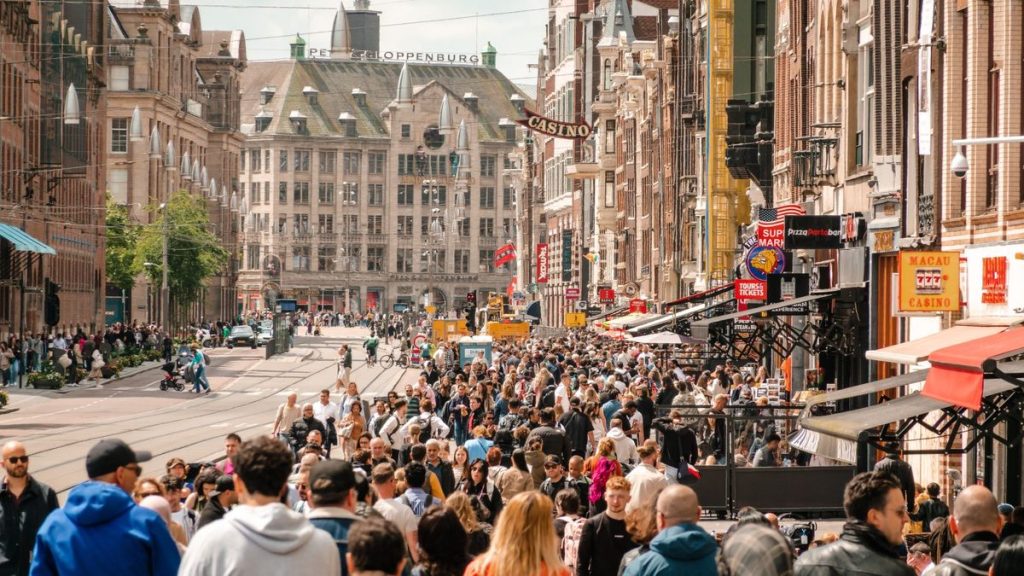The overuse of the term “overtourism” leads to what travel experts call a generalization of specific problems that arise alongside a destination's tourism success.
And this generalization, experts say, could be the reason for a lack of effective solutions to address the specific concerns of local populations as tourism continues to grow in their destinations.
An anti-tourism protest in Barcelona last month, led by residents frustrated by rising housing prices, is a perfect example.
City residents pointed out the negative impact of short-term rentals on the quality of life in some neighborhoods. But the signs they carried, the chants that echoed through the city center, and the unsuspecting travelers sprayed with water guns As they dined on the terraces of open-air restaurants, all pointed the finger at tourists as the cause of the problem.

Tom Jenkins
This narrative was picked up by local and international media who portrayed the protest as a demonstration against overtourism, which Tom Jenkins, CEO of the European Tour Operators Association, called an overgeneralization.
“Overtourism is kind of an umbrella term for a whole bunch of different phenomena, which differ from city to city,” Jenkins said.
Cevat Tosun, a professor of tourism studies and management at George Washington University, said that, by definition, overtourism means attracting too many visitors to a destination during a certain period of time and to a degree that significantly reduces the quality of life for locals and visitors.
But in Barcelona's case, Jenkins explains, there are two distinct phenomena at play: one is overpopulation, which has more to do with overtourism in the traditional sense, and the other is economic impact, which can be influenced by tourism's success but is not the only contributor.
“A lot of the problems that people perceive as being caused by tourists are caused by other factors, of which tourism is one but may not even be the primary factor,” Jenkins said, citing examples like gentrification, which can result in the economic displacement of longtime residents who are pushed out of their communities and attracted new, wealthier groups who increase the value of the area as prices rise.
“The fact that more money is coming in means that people who could once afford to live there are finding it increasingly difficult to do so now,” he said.
The overuse of the term “overtourism” as an umbrella term leads to what some experts call a misdiagnosis of the problems facing residents and destinations that are related to, but not solely caused by, tourism.
Tosun compared the problem to that of a person going to the doctor: When a person has a medical problem, a doctor diagnoses the illness and recommends treatment accordingly, he said.

Cevat Tosun
In the case of what some call overtourism, it is often an oversimplification or mischaracterization of problems that are not properly diagnosed or addressed. This is the case when looking at the response of local governments, which often face pressure from residents to implement measures to address tourism-related problems.
According to Jenkins, this reaction is often “instinctive” on the part of local elected officials. This year, one can cite the ban on coaches in the city centers of two major cities, Amsterdam and Paris: Amsterdam's ban came into effect this year, and Paris's will come into effect in the fall.
“There's a kind of knee-jerk reaction against group tourism,” Jenkins said, adding that lawmakers and residents have increasingly targeted the hallmarks of tourism – the tourists, the buses, the groups – in their fight against the consequences of successful tourism.
“Groups and coaches are, by their very nature, quite visible,” Jenkins said, but they also stay together and are taken to specific locations and also help reduce the number of cars on the road.
“If you want people to be controlled properly, you need them to come in groups in low-carbon vehicles,” he said. “These are the kind of people you want to have in overcrowded conditions, but they're the first things people ban because, I think, it's ostentatious.”


